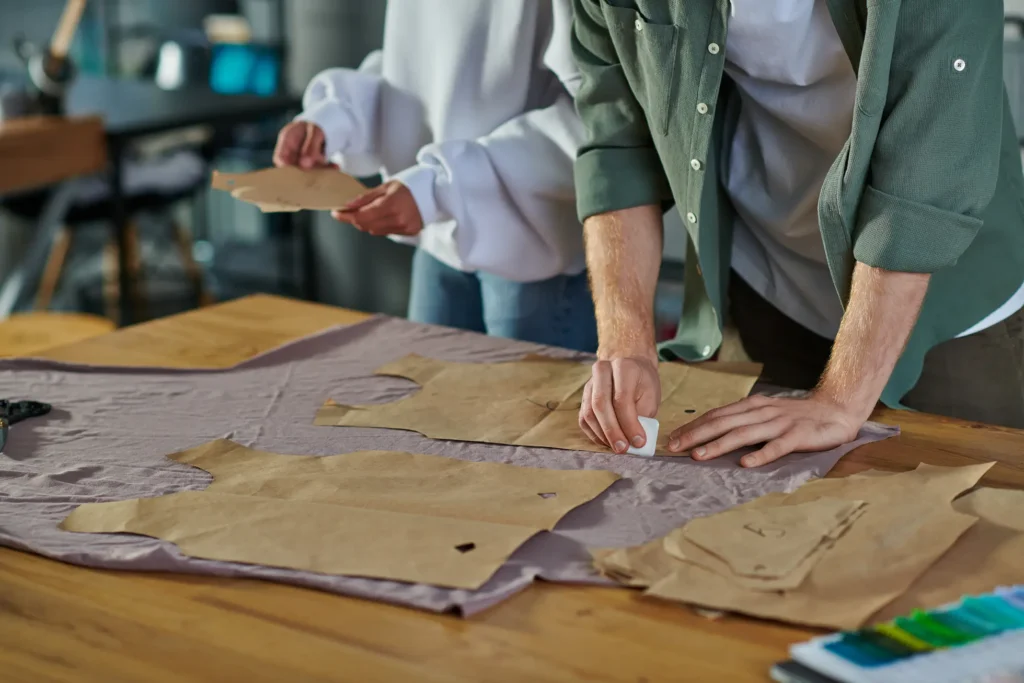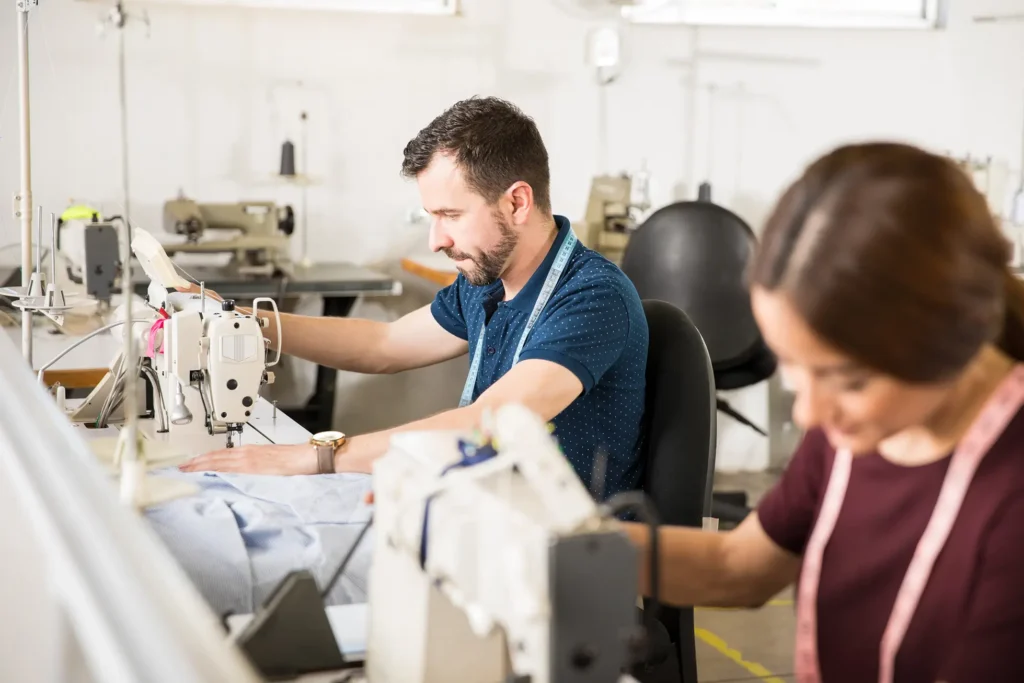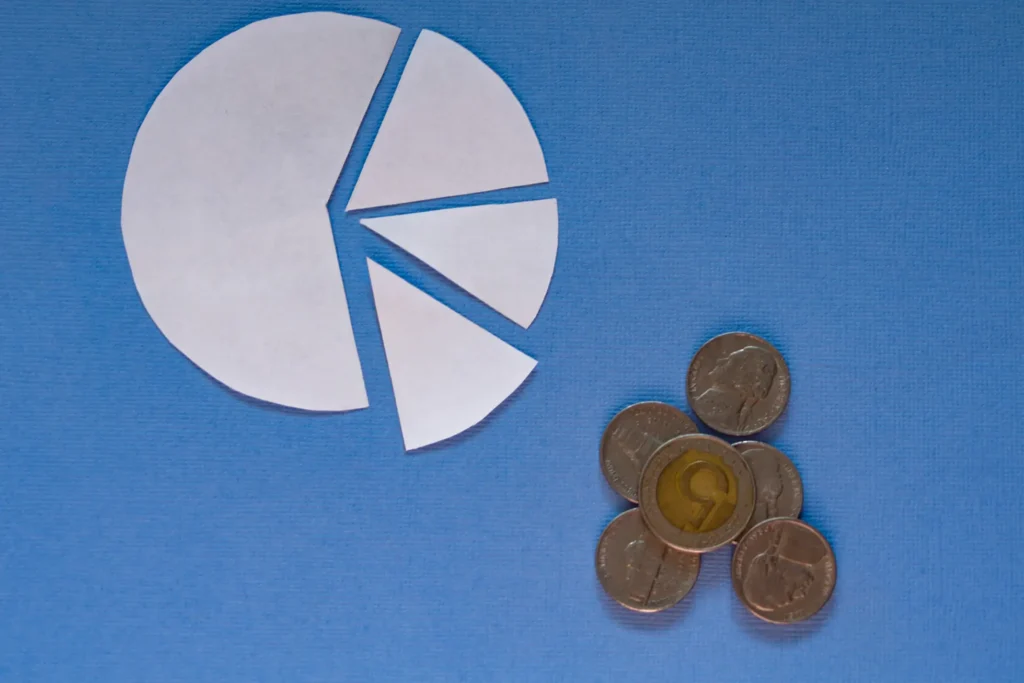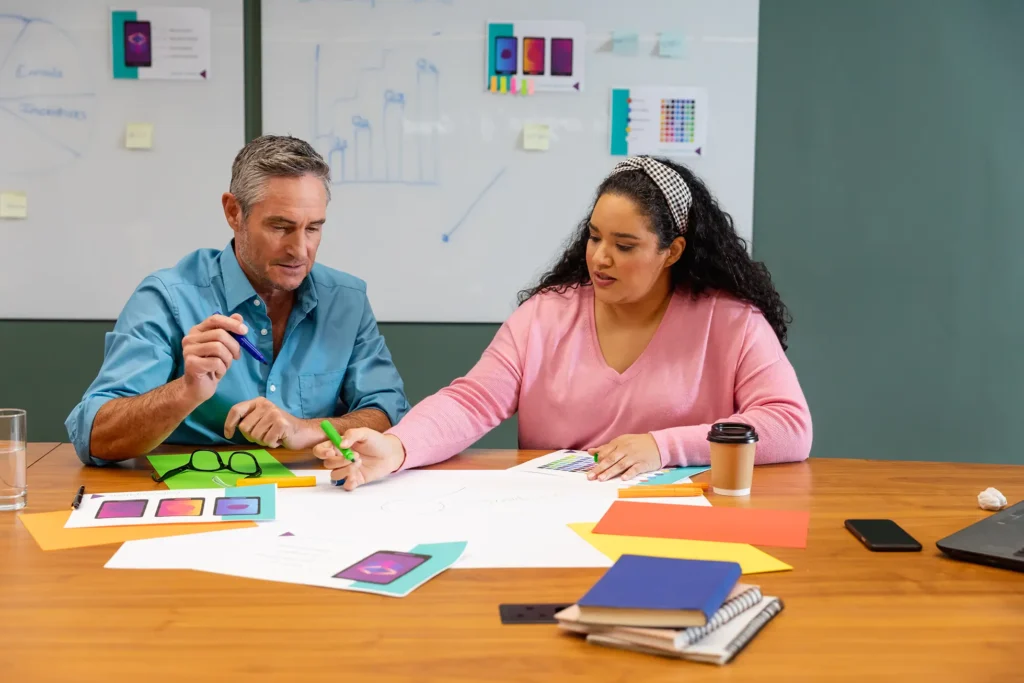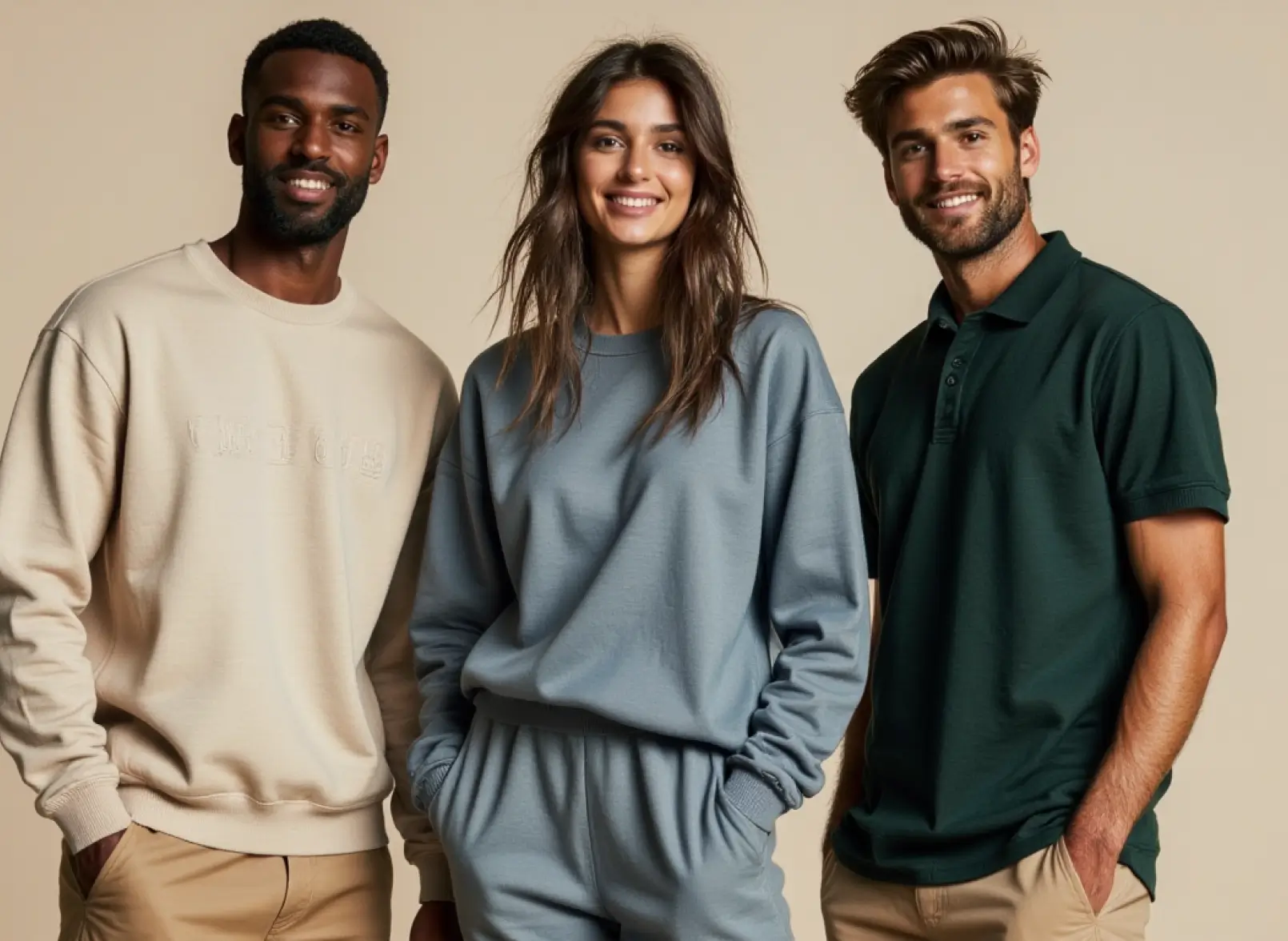CMT clothing manufacturers often have lower clothing MOQs, especially if you provide ready-to-sew materials. That makes it easier for small-batch testing.
FPP manufacturers may require higher MOQs to streamline their sourcing and production pipeline.
Startup tip: Go with CMT if you’re testing your first 30–50-piece collection.
Quality & Risk: Which Process Offers Better Quality Control?
With CMT, you’re responsible for fabric quality, pattern accuracy, and fit testing. That means more oversight but higher risk.
In FPP, quality is bundled into the service. Reputable FPP manufacturers include in-house QC teams, reducing your workload.
Takeaway: FPP is more hands-off but requires trust. CMT puts you in the driver’s seat—ideal if you demand tighter quality control.
Startup vs Established Brand: What’s the Right Fit?
New clothing brands often start with FPP to save time and avoid sourcing headaches. It
Accelerates the garment production process.
Established brands with existing supply chains prefer CMT for cost control and creative freedom.
Decision tip: If you’re new, FPP is your launchpad. If you’re scaling or niche-focused, CMT may serve you better.
Choosing the Right Clothing Manufacturer for Your Brand
Here are the key steps to follow when selecting the best partner for your manufacturing journey:
Step 1: Define Your Needs
Before reaching out to any factory, list your brand’s priorities, low MOQ, high customization, fast lead time, sustainable sourcing, etc.
Step 2: Research and Shortlist
Look for manufacturers experienced in your product category and business model. Read reviews, explore case studies, and shortlist 3–5 suitable partners.
Step 3: Ask the Right Questions
Ask about their MOQ, sourcing capabilities, timeline guarantees, quality control processes, and what type of clothing manufacturer they are (CMT or FPP).
Step 4: Request Samples
Always test quality before committing to full-scale production. Samples will reveal stitch quality, fabric handling, and communication clarity.
Step 5: Communication & Compatibility
Good manufacturers act as partners, not just suppliers. Look for those who are transparent, responsive, and genuinely care about your success. At My Global Threads, we pride ourselves on clear communication during every phase, especially the sampling stage, because that’s where trust and product quality truly begin.
Pro tip: Don’t just choose the model, choose a manufacturer aligned with your brand goals.
